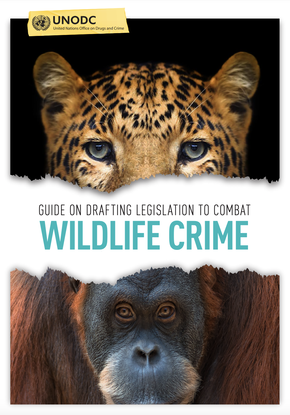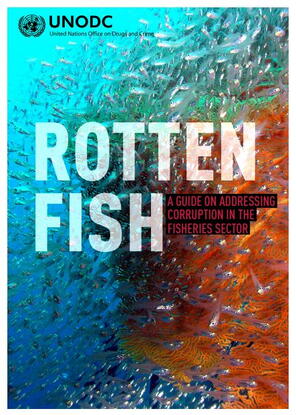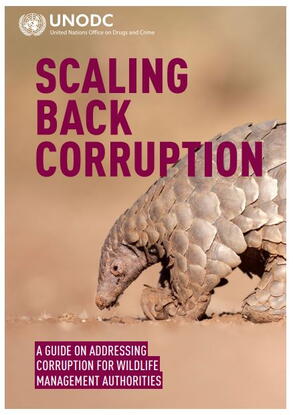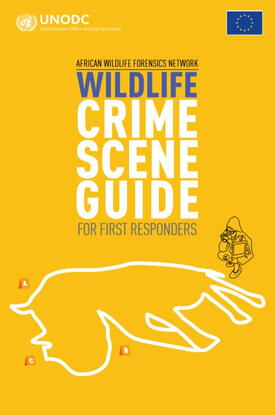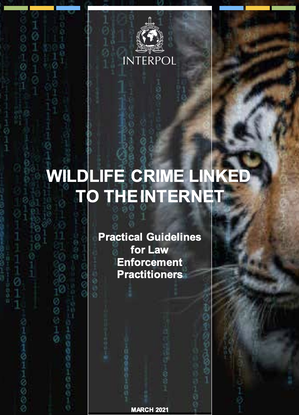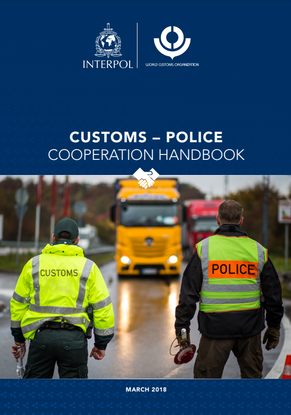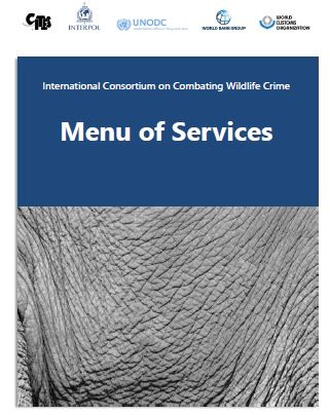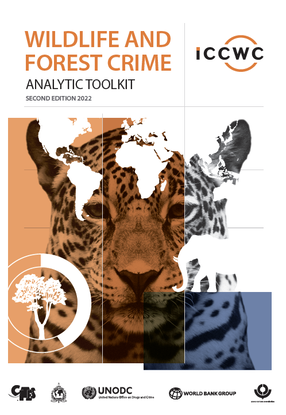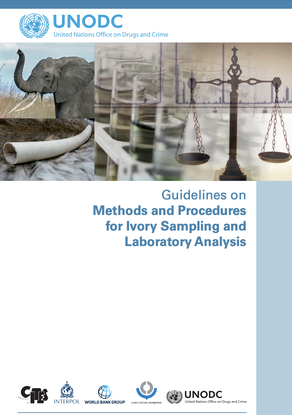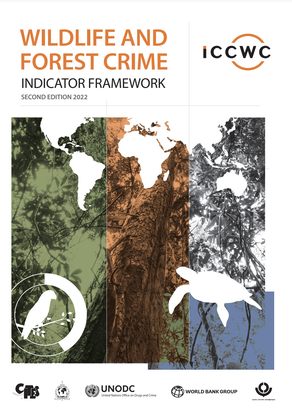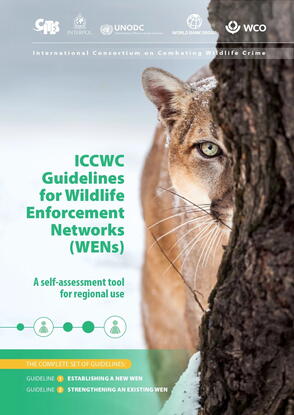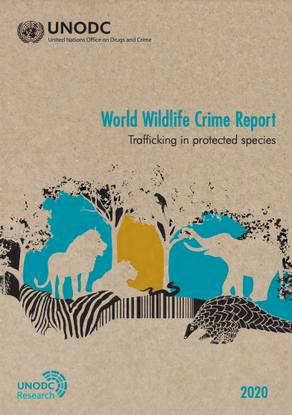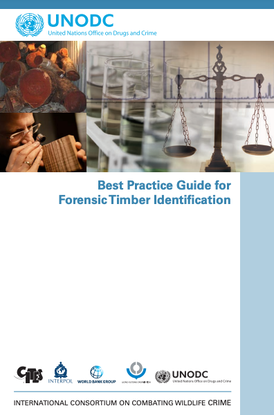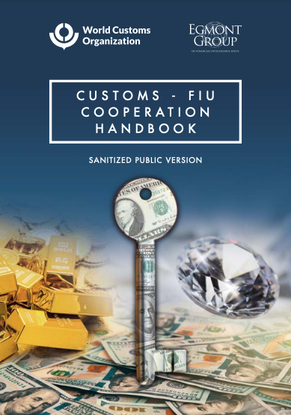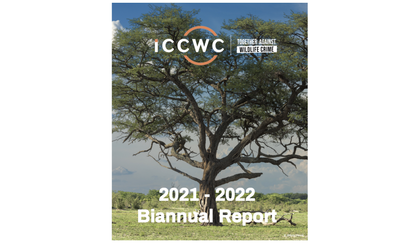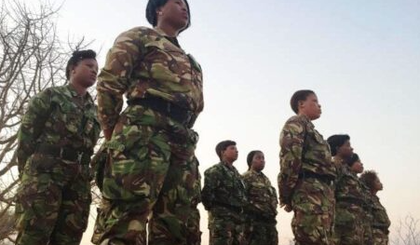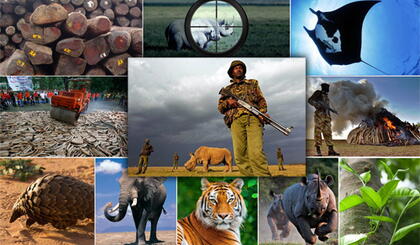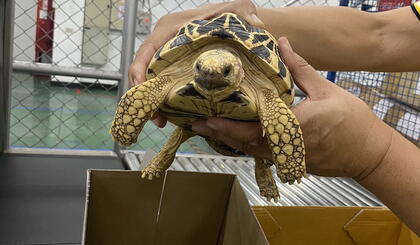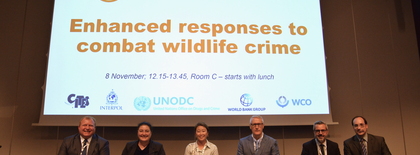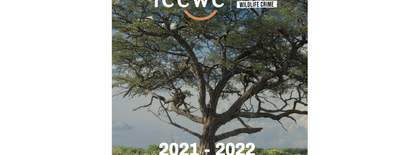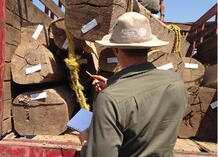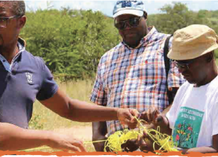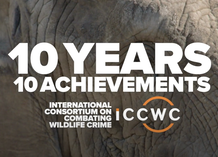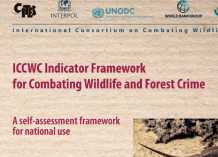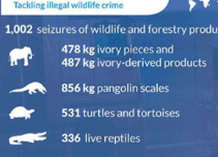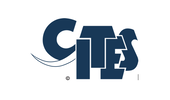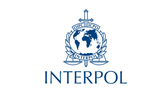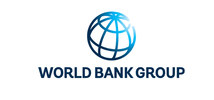We are proud to launch the ICCWC Biannual Report 2021 - 2022. Read it here!
The report highlights the activities conducted over the past two years to support law enforcement authorities across the globe to better deter, detect, detain and dismantle the criminal networks involved in wildlife crime.
ICCWC has just launched the ICCWC Vision 2030 and its associated Strategic Action Plan for 2023-2026 that will guide the Consortium's work in the decade to come, working towards a world free of wildlife crime.
The International Consortium on Combating Wildlife Crime (ICCWC) is the collaborative effort of five inter-governmental organizations working to bring coordinated support to the national wildlife law enforcement agencies and to the sub-regional and regional networks that, on a daily basis, act in defense of natural resources. The partner agencies to ICCWC are the Convention on International Trade in Endangered Species of Wild Fauna and Flora (CITES) Secretariat, INTERPOL, the United Nations Office on Drugs and Crime (UNODC), the World Bank and the World Customs Organization (WCO).
ICCWC considers ‘wildlife’ to include all wild fauna and flora, including animals, birds and fish, as well as timber and non-timber forest products.
‘Wildlife crime’ refers to the taking, trading (supplying, selling or trafficking), importing, exporting, processing, possessing, obtaining and consumption of wild fauna and flora, including timber and other forest products, in contravention of national or international law.

